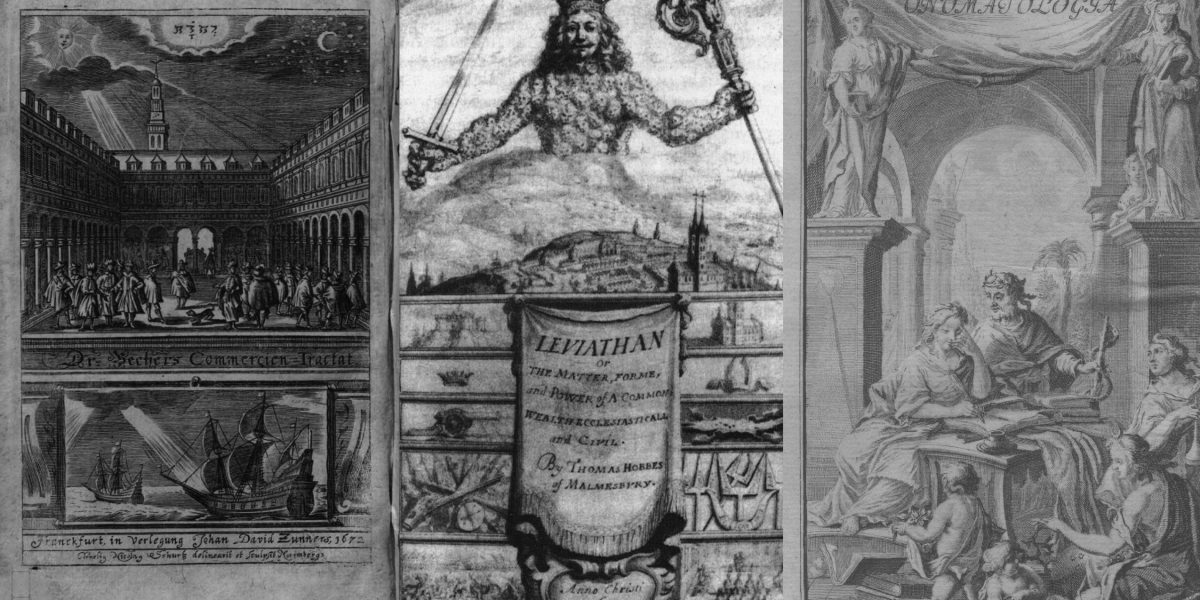Origins of Political Economy

Faculty:
Having inherited the legacy of housekeeping arts, mercantilism, and politics, Political Economy as a discipline preceded modern economics. This course will address the intellectual history of the discipline understood in this evolutionary context, rather than analyse it as a political phenomena from a contemporary perspective. It aims to introduce students to the origins of modernity, state, market, and democratic institutions, and to familiarize themselves with important politico-economic texts. It will also provide them with an arsenal of concepts and thematic discussions to foster understanding and critique of contemporary economic and political realities. The great geographical discoveries, the end of religious confrontation, and the development of trade and industry in Europe provoked a new way of thinking about relations in society and a new way of understanding human nature and the structure of political and economic systems. The political and economic thought of the 17th and 18th centuries actively conceptualized questions of natural law, political representation, and state governance practices. Relying on the history of ideas in Europe, including treatises of Bodin, Hobbes, Locke, Rousseau, and Montesquieu, along with texts of so called mercantilists (Serra and Mun), cameralists (Schroeder and Justi), and contributors to more “classical” Political Economy (Smith, Mill, and Ricardo), we will engage in studying the archaeology of basic concepts in Economics, Sociology, and Politics and following the dialogue between different contributors to the field. Within the question of the dissemination, translation and reception of political-economic ideas, the texts of more peripheral authors such as Genovesi will be examined too. Finally, students will be offered alternative views of economic and political order for analysis and discussion, from Marx’s critique of capitalism to utopian vision of More and Bacon. The course will conclude with a critical rethinking of the legacy of political economy, embedding it in public debate and in dialogue with contemporary vital economic issues.
Guidelines for the Statement of Purpose:
Craft a reflective statement of purpose explaining your interest in the Smolny Beyond Borders online course. Your statement’s clarity and substance will significantly influence our selection. Convey your motivations and aspirations for this course succinctly but thoroughly. Kindly write your statement in the course’s Language of Instruction.